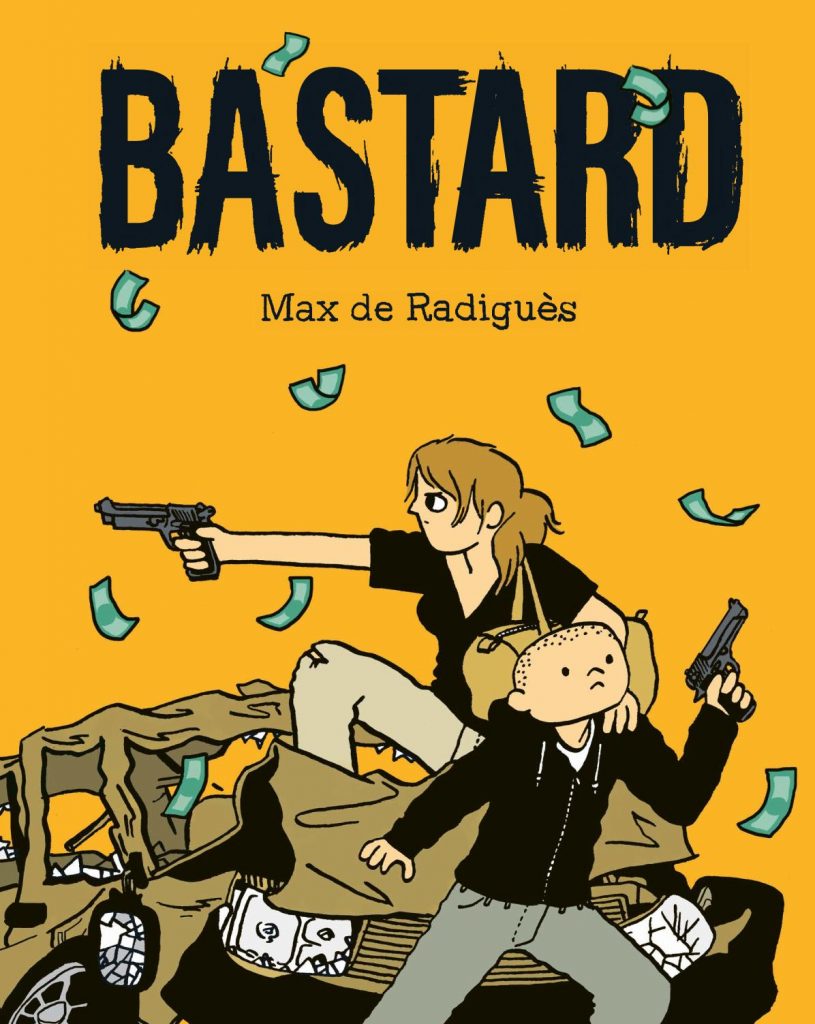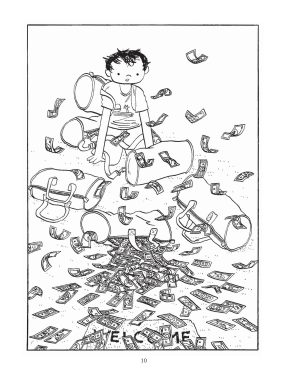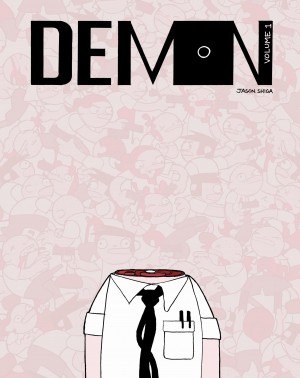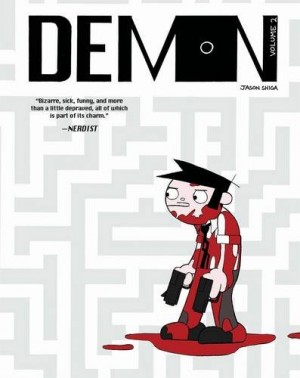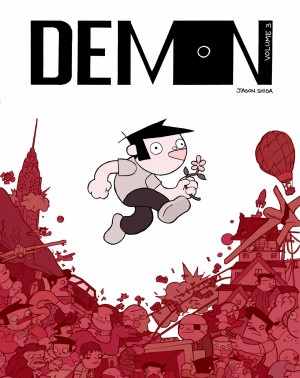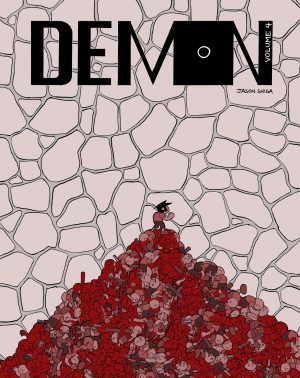Review by Ian Keogh
April, or possibly May, is on the run, denying she knows people who recognise her, and flitting from motel to motel with her young son Eugene. Max de Radiguès’ sample illustration shows why. That money is destined to be shared, but crooks don’t become crooks in the first place by being willing to settle for a massive windfall if they can hoover up everyone else’s share. It leaves April and Eugene in constant danger.
De Radiguès moves Bastard along at such a cracking pace that there’s no time to consider the meaning of the title as circumstances engulf April and Eugene. His art is simple, breaking down to exactly what’s necessary with no frills, yet still conveying personality, drama and emotion. A similar urgency applies to his writing, throwing us into the middle of what’s in effect a road movie, filling in the gaps as it races along. It’s via overheard news reports that we learn of 52 simultaneous robberies in a single town, and that the police have located several suspects, all of them already dead. They’re puzzled, but April’s well aware of the significance, and that she and Eugene need to keep moving. De Radiguès keeps throwing in surprises, and his varied structural methods are near enough a masterclass. Key to any crime story is maintaining tension, playing an audience along, and he uses several methods very efficiently. There’s a juxtaposition of their various activities at one point when April and Eugene are separated, the spotlighting of people who may or may not be threats, and the most effective of all is when a crisis occurs around midway through the book. Instead of following up immediately, it’s then that de Radiguès decides to drop back several years into the past to relate how it was April and Eugene came to be mixed up in criminal enterprises.
There are heartbreaking moments. Pairing April with Eugene is another storytelling masterstroke, because however sympathetic we may feel toward her, the judgemental will consider she’s made her own mess and there’ll always be a nagging reminder of that. While Eugene is no helpless innocent, he’s certainly not responsible for his mother’s transgressions. De Radiguès ensures by the end it’s nowhere near as morally clear cut as that either, in what’s a wonderful twist concerning protection, yet he avoids sentimentality.
Energetic, ingenious, and suspenseful, Bastard is one treat of a graphic novel. Oh, and while it’s never spelled out, there is a reason for the title.
